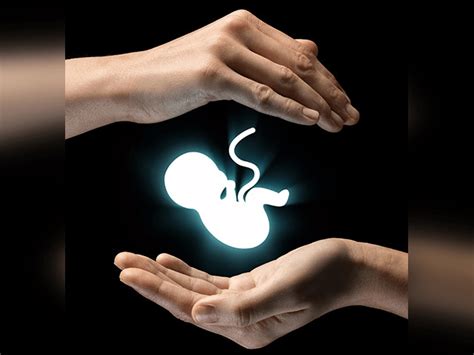Major heart defects, though still very rare, are more common in infants conceived through certain assistive fertility treatments, including in vitro fertilization, according to a study published Thursday.
The study, published in the European Heart Journal, included medical records of more than 7 million children in Denmark, Sweden, Norway, and Finland born between 1984 and 2015, making it the largest research project of its kind to date.
It found that the risk of major heart defects was about 36% higher in children conceived with assisted reproductive technology compared to those who were naturally conceived.
Still, however, the overall risk is very low, with fewer than 2% of infants conceived outside of the womb born with major heart defects.
“It’s an increased risk, but the absolute risk is very small,” Dr. Ulla-Britt Wennerholm, the senior author of the paper and a professor at the University of Gothenburg in Sweden, told the New York Times.
The risk to the child did not differ significantly between IVF, when an egg is fertilized naturally by sperm in a lab dish, or intracytoplasmic sperm injection — when sperm is directly inserted into an egg for a fertilization event.
Whether or not the implanted embryos had been directly inserted into the mother’s uterus or had been frozen shortly after fertilization also did not affect the results of a higher risk of congenital heart abnormalities.
Assisted reproduction and birth defects
There is a strong link between IVF and birth defects of all kinds, including neurological, gastrointestinal, and muscular problems, but the cause is not quite clear.
One possibility is that something in the process of egg extraction or freezing, or even embryo transfer could alter the genes, resulting in phenotypic defects. Another theory is that parents struggling with infertility already have genetic differences that make their children more susceptible to birth defects.
Multiple births at the same time can also contribute to an elevated risk, as twins or triplets are more likely to have defects regardless of whether they were conceived naturally.
Twin or multiple pregnancies are more common with the use of fertility treatments such as IVF, as some doctors transfer more than one embryo at a time to increase the chances of a successful pregnancy. This practice, though, has significantly declined in recent years.
But even when a single embryo is transferred in an assisted reproductive technology process, the embryo is more likely to divide into twins than a natural conception.
Read More From PatriotAmerican
According to 2021 data from the Centers for Disease Control and Prevention, approximately 240,000 women in the United States engaged in egg extraction for either freezing or embryo creation, resulting in more than 97,000 live-born infants.
In June, Sen. Bill Cassidy (R-LA), the ranking member of the Senate Health, Education, Labor, and Pensions Committee, requested more information from the Department of Health and Human Services on the safety and efficacy of IVF in the U.S.

